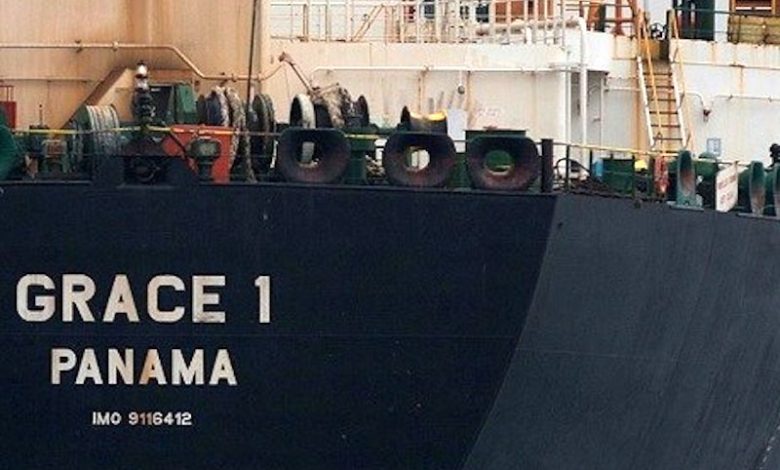P&I Clubs warn owners on rising tide of sanctions-busting trade

All members of the International Group of P&I Clubs have issued a note on the range of deceptive practices deployed by sanctions-busting ships around the world.
Cargoes traded in breach of international and national trade sanctions are on the increase. Some of the techniques used to break sanctions have been in use for several years, while others are newer and have become more prevalent in the last 18 months. All aim to minimise surveillance and detection through confusion or concealment of the identities of vessels, their cargo, geographical location, and navigational activities.
These techniques, as outlined by the International Group (IG), include manipulating a vessel’s Automatic Identification Signal (AIS), changing a vessel’s physical appearance, falsifying vessel and / or cargo documentation, multiple ship-to-ship cargo transfers to hide the fact that the cargo originated in a country to which a sanctions regime applies.
“Being publicly linked with a sanction breaking activity by the press or some other public communication can be extremely damaging. The IG has seen examples of vessels declined access to ports, refusal of banking services, and removal from Flag Registries in response to unsubstantiated allegations of sanctions breaking,” the IG stated in a release, adding: “Club cover is not available for unlawful trading. Cover may also automatically cease or be terminated where there is a risk of sanctions against the member or the Club.”
